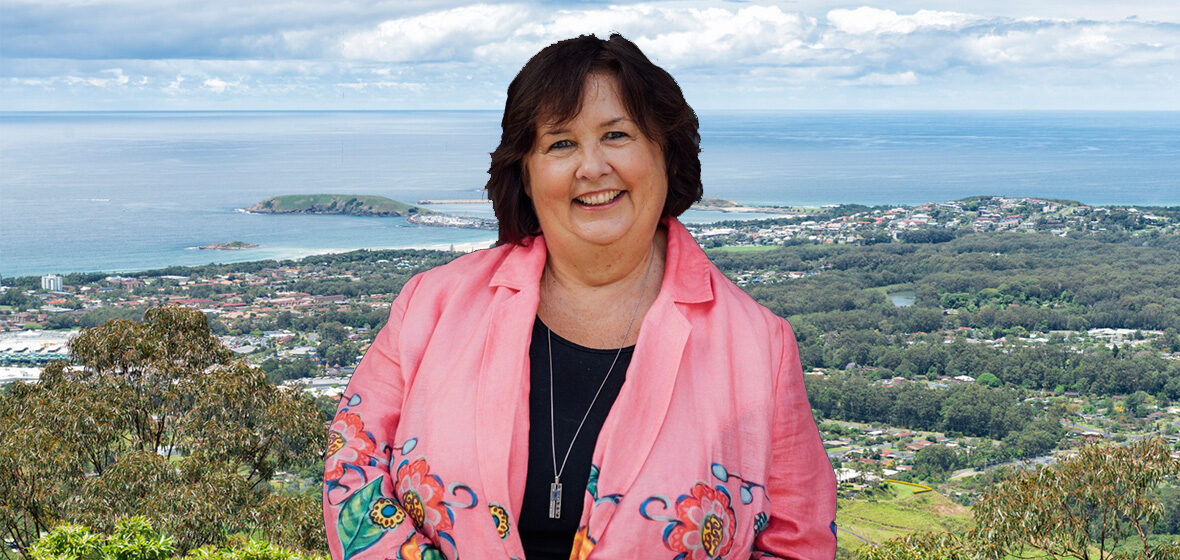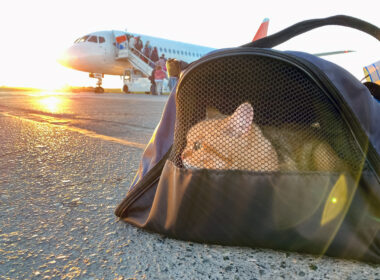Family law specialist Heather McKinnon, based in Coffs Harbour, reflects on the rewards of practising family law in a regional area for more than 40 years.
Heather McKinnon fell into her specialty as a result of the scarcity of women lawyers in Coffs Harbour in the mid-1980s. Now she can’t imagine doing anything else.
Accredited family law specialist McKinnon is a partner at Bryant McKinnon Lawyers in Coffs Harbour, where she applies nearly 40 years of experience in family law. As well as her qualification as an Independent Children’s Lawyer, rare for that region, she is qualified as an arbitrator under the Family Law Regulations (NSW).
“I grew up in Tamworth, then went to Sydney to attend Macquarie University,” she explains.
“I had a focus on contract law, tax and commercial because my other interest was in economics. A lot of other women back then were trying to break the glass ceiling and studying financially-based degrees like accounting and economics.”
McKinnon graduated in 1983 and was admitted to the NSW Supreme Court in 1984.
She completed her clerkship at Mallesons, which then offered her a graduate position in their commercial team “working with some brilliant lawyers, very technically gifted people”.
“I was a bush girl though,” she says, “and when I came to Coffs Harbour for my grandfather’s 80th birthday, my uncle said they really needed lawyers, so I resigned my position [at Mallesons] and my then-husband and I established the practice in 1985. Our commercial experience was needed and we were very successful.”
Around the same time she established her practice, the only other female lawyer working in Coffs Harbour went on maternity leave.
“I started getting phone calls from women leaving their marriages because I was the only woman practising in the area, along with about 14 or 15 male lawyers. I’d had very limited experience, although I’d done Family Law as a subject at uni. Back in those days it wasn’t seen as a distinct part of the profession, and it was in the early stages of developing as a specialty.”
Though she “fell into” family law, McKinnon says, “the more I did it, the more I gained confidence and really enjoyed the work.”
The landscape has changed, literally and figuratively, over 40 years in Coffs Harbour, as has the nature of studying and entering the legal profession, which once required country students to leave the regional and rural towns for their degrees.
“There are probably six or seven of us who landed here in the 1980s, then there was a gap of around 15 years where we didn’t see any other lawyers coming in,” she recalls. “They established the law schools at the University of New England and Southern Cross Uni, so many of the lawyers working in the NSW regions now have gone to school in the country, then university in the country. It’s allowed the workforce to be more secure now as graduates come through university and stay in the regions.”
A role in the community
The population in Coffs Harbour has increased to almost 80,000. In McKinnon’s view, the necessity of maintaining good relationships within the industry and the public is more pronounced in regional areas than in the city.
“My colleagues in Sydney might have the same person on the other side for a year or so, whereas every day I work with people that I’ve worked with for decades. It’s a different way of living your personal life and your professional life, understanding that you have to be careful of your public persona,” she says.
For McKinnon, that means negotiations and mediations need to remain as civilised as possible and conflict resolution depends on good working relationships between lawyers, and between lawyers and their clients.
“You’re seeing people you’re acting against, and your clients, at movies, school sports carnivals and dinner parties around town. You have to be prepared to live your life under a spotlight.”
Her work gives her enormous personal reward, above all else, and especially when she can see the immediate consequences of her work. Part of her practice’s role in the community is to attend various school speech days and present awards.
“There’s a lot of meaning in regional practice that a lot of practitioners find hard to get in the cities. Some of the best cases are where you might be acting for a child as an independent children’s lawyer and you put something in place, then, when we attend those speech days, it’s incredible how often you see a little one that you’ve been acting for pick up the prize for ‘The Most Improved’ or the child with ‘The Best Social Conscience’.”
McKinnon adds,“There’s a sense that you’ve helped to move a child through family conflict; getting a resolution leads to improved outcomes at school, and it’s interesting to see it in action: where perhaps two years before they were in real trouble, they’ll now be elected into a leadership team.”




